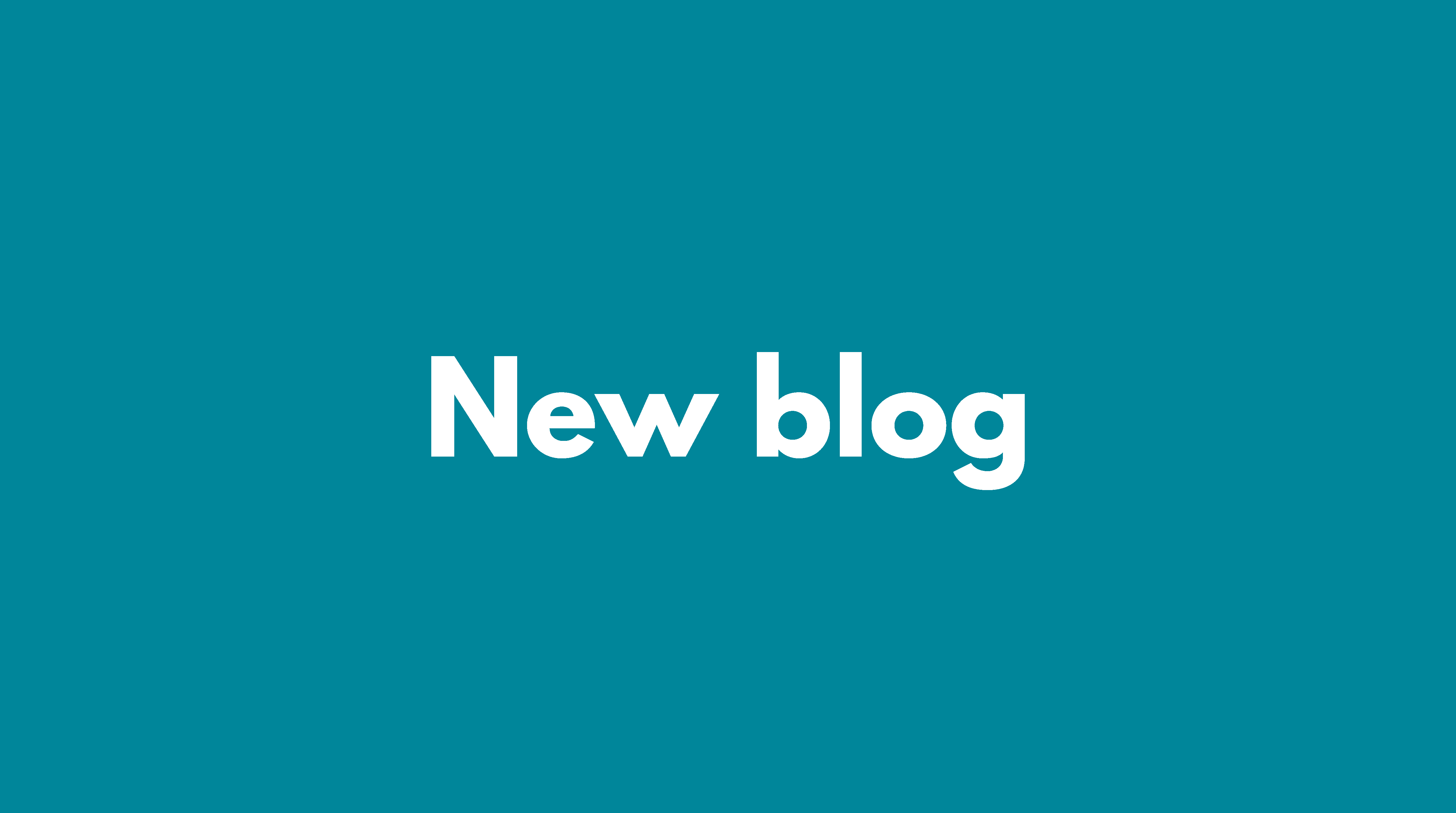News
Why should you use social media in a consultation?
Author: Katerina Sukstul, head of platform delivery and engagement at GoCollaborate
In today's rapidly evolving digital landscape, local authorities find themselves at a crossroads, facing the dual challenges of engaging their communities effectively and adapting to the ever-increasing demands for transparency and participation in decision-making processes.
The answer to these challenges lies in the power of social media, a dynamic platform that has transformed how we communicate and interact. As we move towards a more connected society, it becomes increasingly imperative for local authorities to harness the potential of social media in their consultation efforts.
This article explores the compelling reasons why local authorities should embrace social media as a tool to foster engagement, inclusivity, and transparency in their decision-making processes, ultimately building stronger, more resilient communities.
From widening the list of stakeholders you can connect with to providing feedback on the outcomes and consequences of a consultation, online engagement can enrich the methodology of what you can deliver in your pre-consultation, dialogue (live) stage and post-consultation.
The benefits
Utilising social media in consultation processes offers a multitude of benefits for local authorities and the communities they serve. Here are some key advantages:
- Increased accessibility and wider outreach: Social media platforms are widely accessible and user-friendly. They break down geographical barriers and can be accessed from various devices, allowing a more diverse and broader audience to participate in consultations. This inclusivity ensures that a more comprehensive range of voices and perspectives are considered in decision-making.
- Convenience for the consultees: Delivering the consultation to where your audience already is a huge bonus. There is a good chance they will see the post if they are following you already. This is also allowing people with busy family lives to see and participate in the consultation.
- Connecting with the existing communities: These communities often provide a diverse and passionate set of stakeholders, dependent on the topic being discussed.
- Data analytics: Social media platforms offer robust analytics tools that help local authorities track engagement, gauge public sentiment, and analyse data in real-time. This data-driven approach enables authorities to make informed decisions based on concrete insights.
- Cost-effective methodology: You should already have at least one audience at your fingertips. For example, on social media pages, your local authority already has to communicate with the residents. A targeted paid marketing approach is also available on a low budget if organic reach doesn’t work.
In sum, integrating social media into consultation strategies empowers local authorities to engage with their communities more effectively, promote inclusivity, and make data-driven decisions.
Let’s look at how social media can be used during different stages of your consultation.
The uses of social media for a consultation
Pre-consultation stage:
- Explore existing conversations and provide insights on the topic you are looking to consult.
- Run a stakeholder mapping exercise and identify digital communities and online influencers that could act as advocates during a consultation.
- Publicise the upcoming consultation to warm up the community.
Dialogue (live) stage:
- It helps you monitor the progress of your live consultation.
- Allows you to continuously promote your consultation and identify any groups that aren’t responding.
- It enables you to support consultees during the live consultation stage.
- Allows you to address and correct any ‘fake news’ or misinformation swiftly and effectively.
Post consultation stage:
- Social media can provide statistical analysis of the audiences that have engaged with your posts, breaking them down into useful categorisations, e.g., demographics.
- Complete the consultation loop and share the results of the consultation.
- Explore the sentiment of the results in your consultation.
- Share the consequences and outcome of your consultation as well as the next steps.
In conclusion, by harnessing the capabilities of social media, local authorities not only bridge geographic divides but also enhance their ability to listen to, understand, and respond to the diverse voices within their communities. This, in turn, cultivates a culture of transparency, trust, and active community participation.
Finally, it is worth mentioning that GoCollaborate’s online consultation platforms seamlessly integrate into social media platforms so that community participants can then share the consultation link with their social groups, which widens the reach and awareness of community proposals being launched locally.
The following blog post is for informational purposes only and should not be considered professional or legal advice. The views and opinions expressed in this post are those of the author and do not reflect the official policy or position of the National Association of Local Councils. Any links to external sources included in this blog post are provided for convenience and do not constitute endorsement or approval of those websites' content, products, services, or policies. Therefore, readers should use discretion and judgment when applying the information to their circumstances. Finally, this blog post may be updated or revised without notice.

